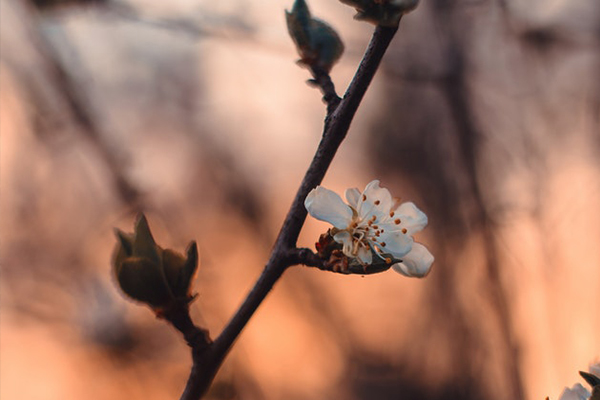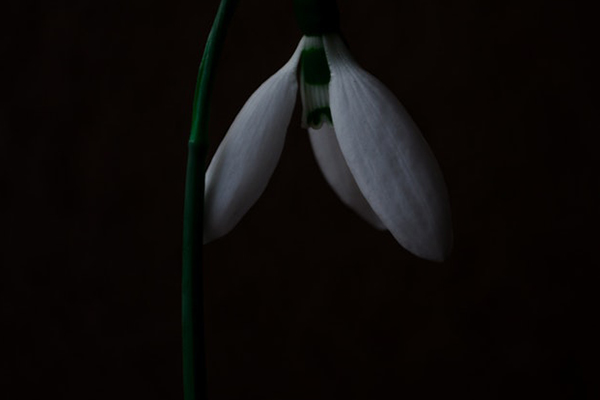Before, lacking the essential wisdom, people tended to love themselves almost unscrupulously. But, under closer examination, selfishness is really without reason, groundless and moreover a big obstacle in our quest for ultimate happiness. This was never mentioned in anything that we learned from the secular world. Though some people might have said something similar, they lacked profundity. Only the Buddha told us the truth. Through his teachings, we are able to reflect on our previous actions and thus come to the conclusion that we were wrong being selfish. Henceforth, bodhicitta can be aroused. Among all the wholesome motivations, bodhicitta is the most precious and most significant.
~ Depicted from THE RIGHT VIEW - The Three Supreme Methods—the ultimate methods of cultivating virtue and training the mind











